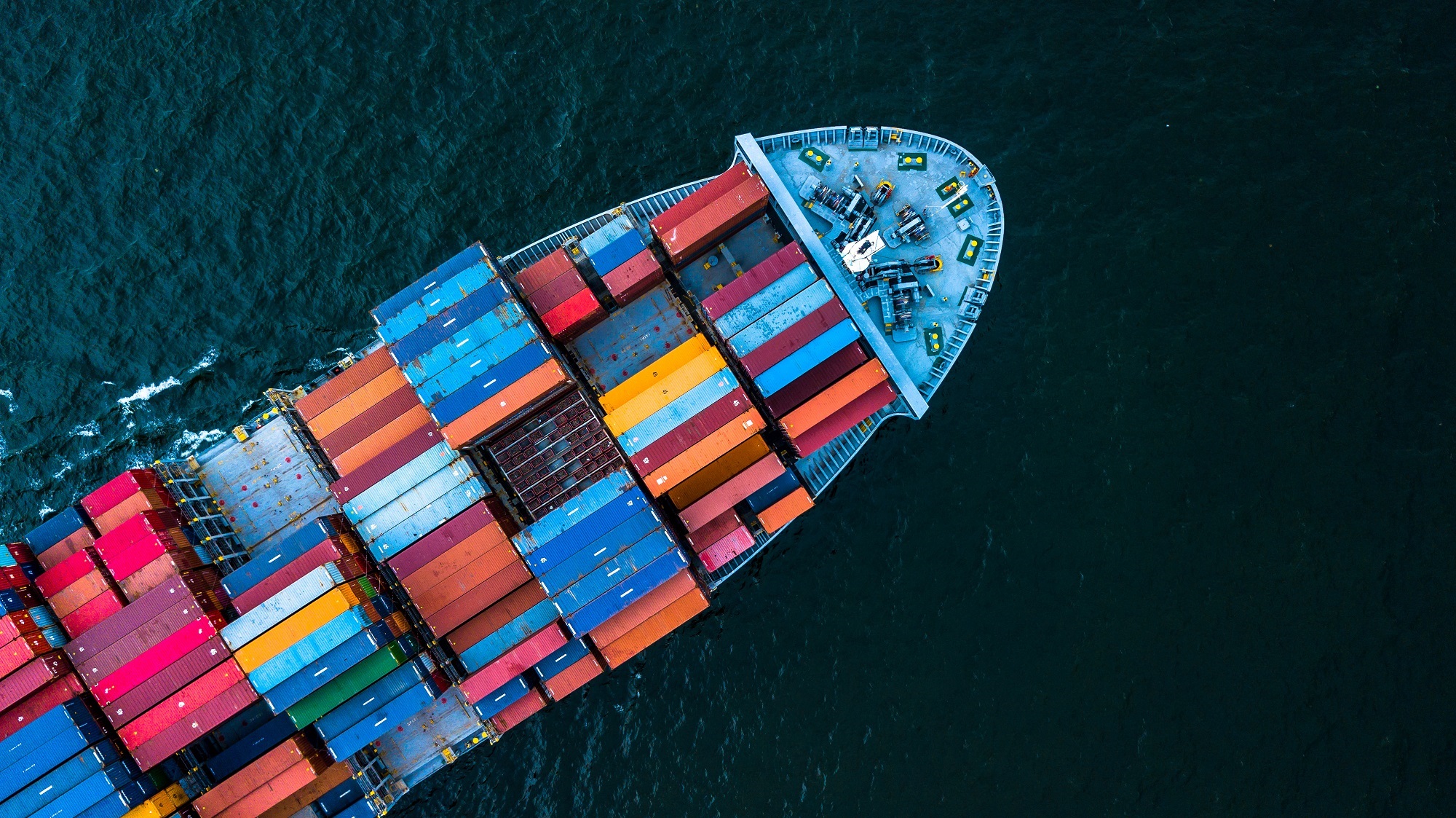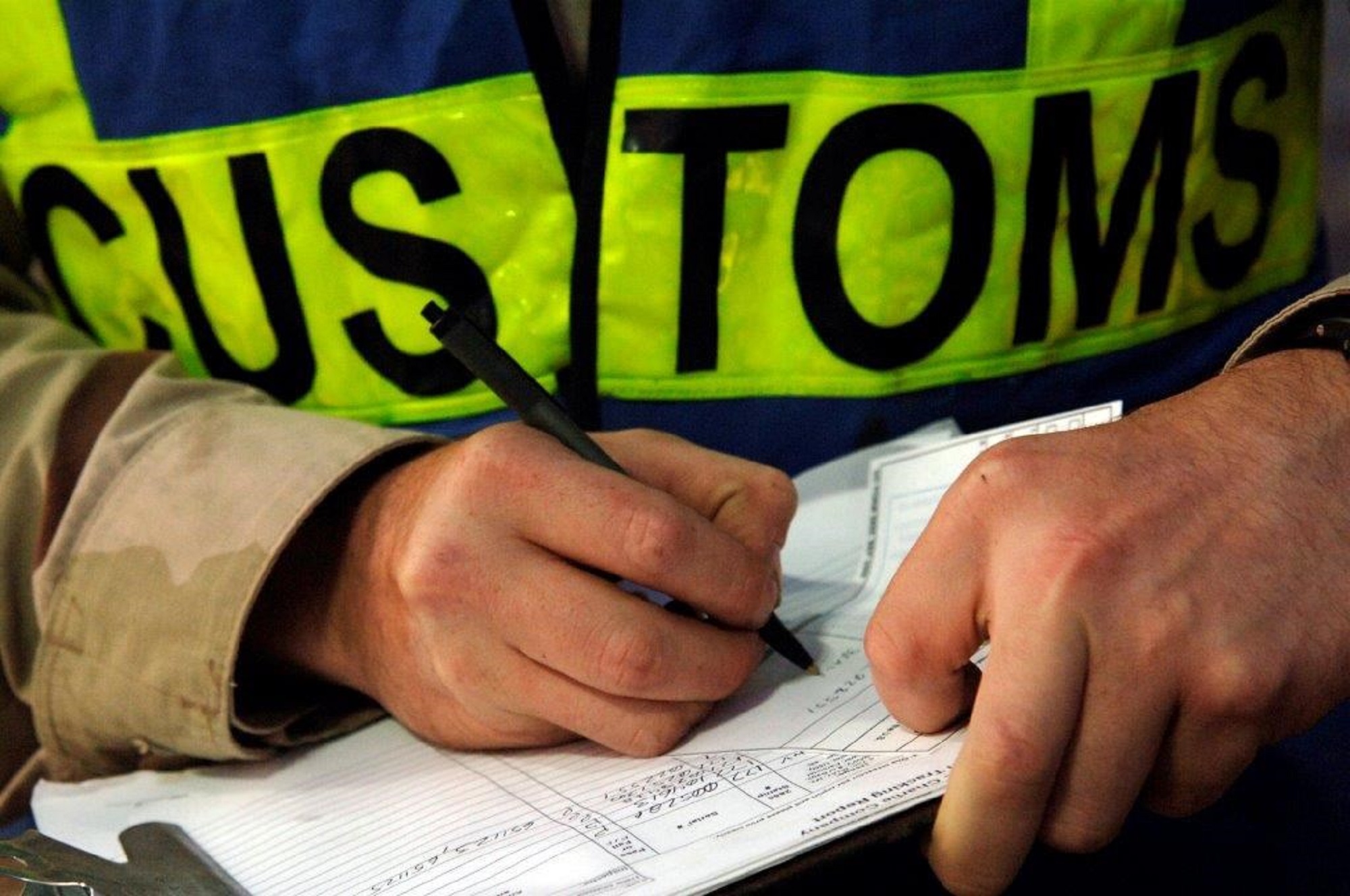E-commerce is flourishing, and has recently gained even more momentum as a result of the global pandemic. However, the growth of e-commerce also requires an evolution in the area of VAT legislation. The European Union (EU) is set to implement new VAT legislation very soon, while Switzerland introduced new VAT rules for e-commerce sales of goods as of 1 January 2019. Hereafter, we discuss these developments in both the EU and Switzerland. We discuss what these changes mean for businesses involved in e-commerce.
European Union
As of 1 July 2021, new VAT rules regarding e-commerce will enter into force in the EU. These rules are of importance for all businesses involved in the cross-border sales of goods to consumers in the EU (‘distance sales’).
Goods from outside of the EU sent to a consumer in the EU
Currently, the import of low-value consignments (with a value up to EUR 23) into the EU is exempt from VAT. As of 1 July 2021, this exemption will be abolished. Every import into the EU will consequently be subject to VAT. Furthermore, businesses will be liable for VAT on sales to consumers in the EU.
IOSS
In order to facilitate the VAT reporting obligations and the payment of VAT due on consignments with a value not exceeding € 150, the so-called Import One Stop Shop (‘IOSS’) will be introduced.
One of the benefits of using the IOSS scheme is that you only have to register in one EU country, to report sales to B2C customers throughout the EU. The VAT due in all these EU countries can be reported and paid by means of a single IOSS return in the EU country of registration.
The IOSS scheme can be applied if goods (other than excise goods) are sold to B2C customers, and these goods are shipped from a non-EU country (e.g. Switzerland) to the EU. As mentioned above, the value of the shipment should not exceed € 150.
The use of the IOSS is optional. If a business decides not to opt for the IOSS, the import of the goods into the relevant EU country is VAT taxed, and the subsequent supply of goods to the customer may also have VAT consequences.
The IOSS can be used by (EU and non-EU) taxable persons, as well as by electronic interfaces and online marketplaces (EU as well as non-EU) which facilitate the previously mentioned sales to consumers. However, platforms and businesses which are not established in the EU, will need to appoint an intermediary to take care of the filing of the IOSS VAT returns and the payment of the VAT due on distance sales of imported low-value goods.
Goods inside of the EU sent to a consumer within the EU
Another important change is set to be introduced, concerning goods located inside of the EU and sent to a customer within the EU. The current thresholds for distance sales will be abolished. This means that sales to consumers will always be subject to VAT in the EU country of arrival of the goods. An exception may be made for so-called small businesses established in an EU country, if certain conditions are met.
OSS
In order to mitigate the administrative burden of having to register for VAT purposes in multiple EU countries and file local VAT returns in those countries, the EU will implement the so-called One Stop Shop (‘OSS’) return. Businesses can use the OSS return to report the VAT due on all their e-commerce distance sales in all EU countries of consumption, in one single VAT return in the EU country of registration.
Businesses established in the EU that want to use the OSS must register for the OSS in their EU country of establishment. Businesses established in a non-EU country that want to use the OSS, must register in the EU country in which the dispatch or transport of the goods begins. In the situation that the dispatch or transport of the goods begins in multiple EU countries, the non-EU business can choose its EU country of identification. Once a business is registered for the OSS, all VAT due with regard to distance sales to consumers must be reported in the OSS return. Subsequently, the business must pay the VAT due in all the EU countries, to the authorities of the EU country of registration. The EU country of registration, in turn, passes on the VAT due to the authorities of the other EU countries.
It is important to note that the OSS is an optional scheme. If a business decides not to opt for the OSS, it must register for VAT purposes in each of the EU countries in which VAT is due, in order to file local VAT returns and pay the VAT due to the local authorities.
The OSS can be used by (EU and non-EU) taxable persons, as well as by electronic interfaces and online marketplaces (EU as well as non-EU) which facilitate the previously mentioned sales to consumers.
The OSS system is only applicable to B2C sales from one EU country to another EU country. Therefore, it cannot be used with regard to B2C sales to customers in for example Switzerland.
What are the VAT consequences of selling goods to consumers in Switzerland?
Switzerland
Switzerland implemented new rules regarding mail-order trade (e-commerce) as of January 2019. These rules are of importance to companies located outside of Switzerland, that ship goods into Switzerland. Although there are certain similarities between Swiss and EU VAT law, there are also notable differences, as Switzerland is not a part of the EU. The most important difference with regard to mail-order trade is that the distinction between B2B and B2C, as well as incoterms, are not relevant to the Swiss VAT treatment.
VAT rates and import VAT
Switzerland has very low VAT rates compared to the EU countries. The standard tax rate is 7.7% and the reduced tax rate is 2.5%. Aside from these two rates, Switzerland also has a special tax rate for accommodation services of 3.7%; this special rate does not however apply to the mail-order business.
Generally speaking, the recipient of the goods has to pay the import VAT, as long as the mail-order company which sends the goods is not registered for Swiss VAT. The import VAT is only levied if the import VAT amounts to CHF 5 or more. If the import VAT is less than CHF 5, no import VAT is levied as it would not be efficient for the tax authorities to collect such small sums.
Small consignments
Import VAT is not charged on goods that are subject to the standard rate of 7.7%, and which have a value (including shipping costs) of less than CHF 65. The same applies to goods that are subject to the reduced rate of 2.5% and have a value of less than CHF 200. Such goods are considered to be small consignments. In cases of goods with a value of CHF 65 or more (standard rate) or CHF 200 or more (reduced rate), the import VAT is charged to the recipient of the goods.
Mail-order companies
For companies that are located outside of Switzerland, which have a worldwide turnover of CHF 100,000 or more, and which ship small consignments to Switzerland, VAT registration may be mandatory. If the company’s turnover from shipping small consignments to Switzerland exceeds CHF 100,000 in a year, the company must register for Swiss VAT. If this CHF 100,000 threshold for small consignments is exceeded at any point in the year, the company must register for Swiss VAT in the month after exceeding the threshold.
It is possible to register for Swiss VAT even before the threshold has been exceeded. If you expect that the threshold will be exceeded within the next few months, it would be best to register for Swiss VAT (voluntarily) now, to allow for better planning and implementation of the new procedure.
Registration process
Companies established outside of Switzerland are required to have a Swiss tax representative in order to register for Swiss VAT. Furthermore, a deposit is due upon registration of such companies. The company may file their quarterly VAT returns online themselves, if they wish.
After the registration
All goods sent to Switzerland (regardless of whether it concerns small consignments or not) are then subject to Swiss VAT. If the process is set up properly, and the labelling of the parcels is correct, the customer pays the VAT due at the moment of the purchase of the goods and is not liable to pay import VAT. The mail-order company pays the import VAT and the customs fee, and can subsequently deduct the import VAT in its quarterly VAT return.
Future developments in Switzerland
There are plans to require all operators of mail-order platforms to declare and pay tax on all deliveries of goods entering Switzerland, that are processed through their platform. In order to enforce the new rules, the tax authorities will be able to impose administrative measures if mail-order platforms or companies fail to register, or if they fail to meet their billing and payment obligations. The tax authorities will be able to enforce an import ban on deliveries from the company in question, or order the destruction of the items. Additionally, the tax authorities may publish the names of the companies against which such measures are imposed, in order to protect customers. These regulations will most likely come into force in 2023 (at the earliest).
Ever-evolving industry
A lot has changed or is going to change with regard to both Swiss and EU VAT legislation, and more changes are scheduled for the upcoming period. However, this does not mean that we have reached the end of the evolution of the VAT legislation. In fact, these changes are just a small part of a much bigger picture. It is therefore important to analyse your supply chains on a regular basis and determine the VAT consequences in all of the countries involved: both EU and non-EU countries.
Bear in mind that, just like the e-commerce business itself, this evolution will not stop and VAT legislation will always be subject to change.
This article is an example of the close cooperation of the VAT & Customs experts within the Baker Tilly International network. Stevie Mols (Baker Tilly in the Netherlands) and Dominique Bühler (OBT AG, Baker Tilly International member firm in Switzerland) collaborated on this article. Stevie and Dominique and their teams frequently work together closely, to assist clients with both global and local solutions for their supply chains.
This content was published more than six months ago. Because legislation and regulation is constantly evolving, we recommend that you contact your Baker Tilly consultant to find out whether this information is still current and has consequences (or offers opportunities) for your situation. Your consultant will be happy to discuss the latest state of affairs with you.




